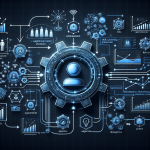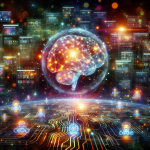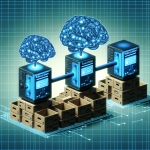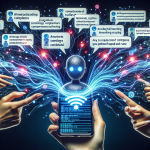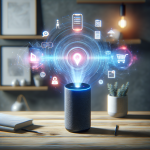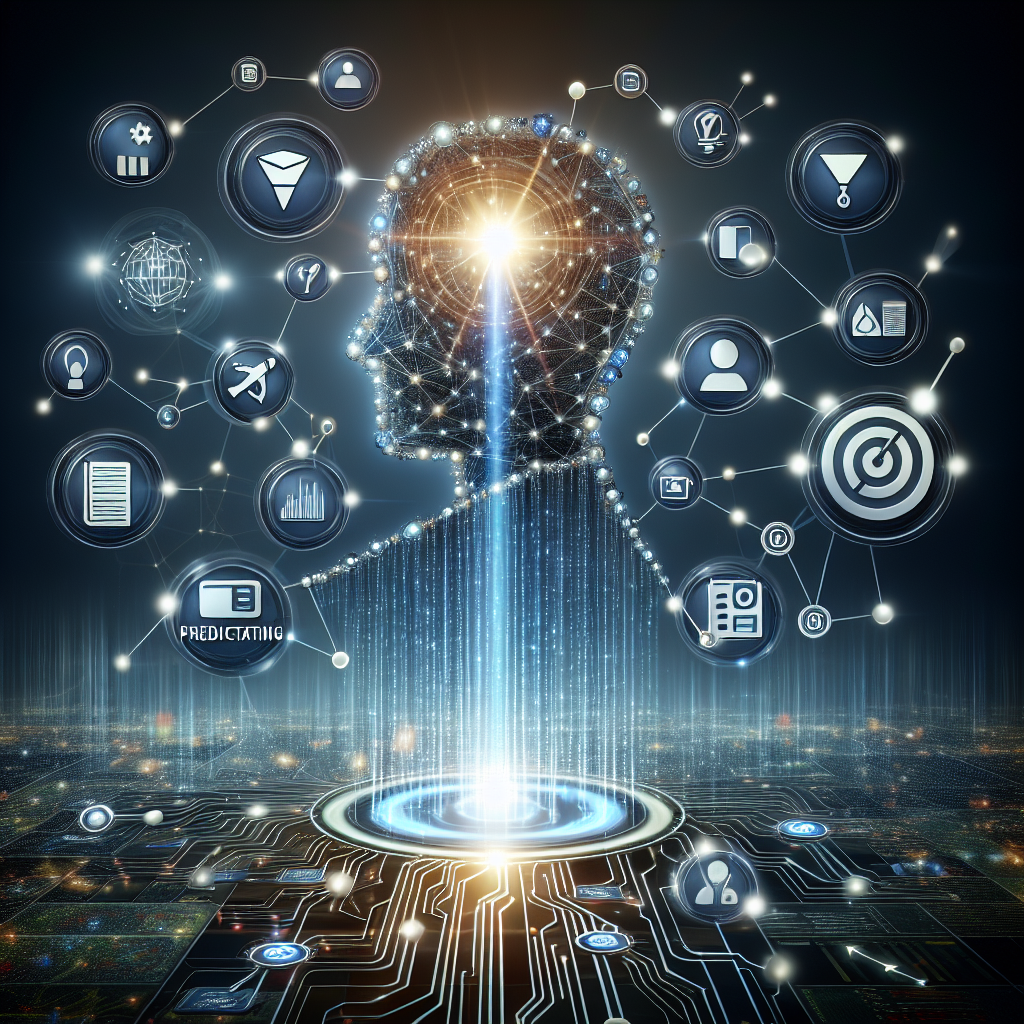Introduction to AI-Powered Predictive Lead Generation
In today’s rapidly evolving digital landscape, businesses are constantly seeking smarter, more efficient ways to identify and convert potential customers. Enter AI-powered predictive lead generation—a game-changing approach that leverages artificial intelligence and machine learning to forecast which prospects are most likely to become paying customers. By using data patterns and predictive analytics, companies can streamline their marketing efforts and significantly improve conversion rates.
What Is Predictive Lead Generation?
Predictive lead generation is a marketing strategy that uses historical data, behavioral insights, and AI algorithms to identify leads that are more likely to convert. Traditional lead generation methods often involve collecting large volumes of contact information and hoping that some of them turn into customers. Predictive lead generation, on the other hand, focuses on quality over quantity by zeroing in on the leads with the highest potential.
How AI Enhances Lead Scoring and Qualification
AI transforms lead scoring from a manual and subjective process into a data-driven, automated system. Using machine learning models, AI can analyze thousands of data points such as customer demographics, online behavior, CRM history, social media activity, and more. These insights allow AI systems to assign accurate scores to each lead, helping sales and marketing teams prioritize prospects with the greatest buying intent.
Benefits of AI-Enhanced Lead Scoring:
- Improved accuracy: Predictions are based on real-time data and behavioral patterns, not gut feeling.
- Time efficiency: Automating the qualification process frees up time for teams to focus on sales and engagement.
- Higher conversion rates: By nurturing leads most likely to convert, businesses can optimize ROI.
Data Sources Used in AI Predictive Lead Generation
The power of AI lies in its ability to process large volumes of diverse data. In predictive lead generation, AI aggregates information from multiple sources to build accurate lead profiles. Key data sources include:
- CRM and sales data
- Website and app behavior analytics
- Email engagement metrics
- Social media activity
- Third-party data providers
By utilizing this information, AI models can detect trends, forecast behaviors, and suggest the next best actions based on predicted outcomes.
Predictive Lead Generation in Action: Tools and Platforms
Numerous martech platforms offer AI-driven predictive lead generation features. Noteworthy tools include:
- HubSpot: Offers an AI-powered lead scoring system integrated with CRM.
- Salesforce Einstein: Adds AI capabilities to Salesforce with predictive analytics and intelligent lead prioritization.
- Marketo: Uses AI to score and nurture leads through automated campaigns.
These platforms make it easier for marketers to integrate AI into their workflows without requiring deep technical expertise.
Best Practices for Implementing Predictive Lead Generation
Implementing AI-powered predictive lead generation requires strategic planning and proper execution. Consider the following best practices:
- Define your ideal customer profile (ICP): Clearly understand your target audience to help algorithms identify similar prospects.
- Maintain clean and structured data: AI’s predictive accuracy depends on the quality of your data.
- Align sales and marketing: Ensure that both teams use lead scores consistently and work together on follow-up strategies.
- Continuously refine models: Use feedback loops to improve predictive algorithms over time.
Future Outlook: What’s Next for AI in Lead Generation?
As AI technologies continue to advance, the capabilities of predictive lead generation will expand. Expect more sophisticated algorithms, deeper personalization, and integration with real-time data streams. AI will not only identify high-potential leads but also craft personalized marketing messages and recommend the optimal timing and channels for outreach.
Conclusion
AI-powered predictive lead generation is revolutionizing the way businesses attract and convert customers. By leveraging the speed, scalability, and intelligence of AI, marketers can hyper-focus efforts on the leads most likely to result in sales. When implemented correctly, this strategic advantage can improve ROI, reduce customer acquisition costs, and create more meaningful customer relationships. The future of lead generation is predictive, smart, and powered by AI.
